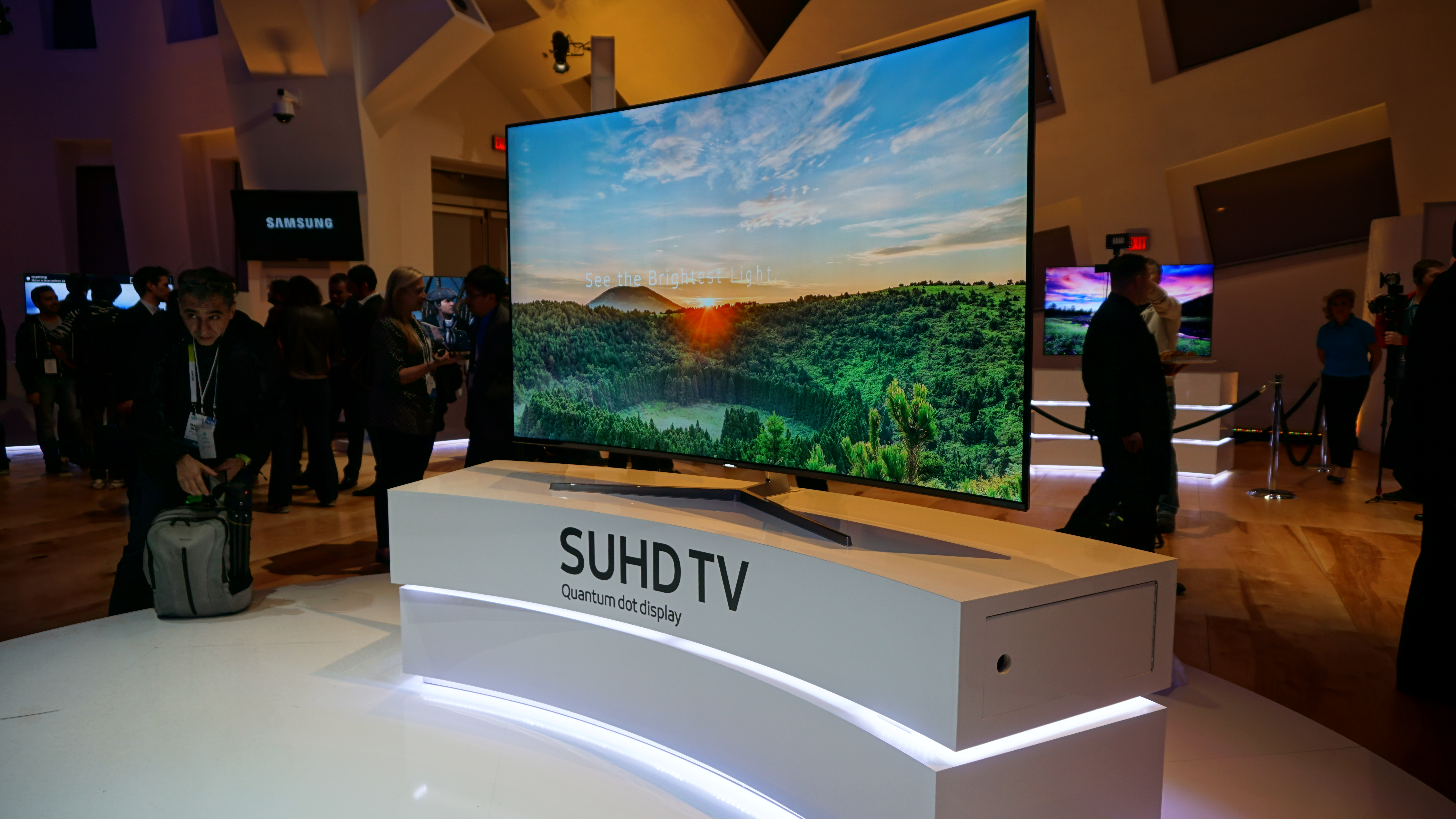The BBC will usher broadcast TV into the HDR age
Eastenders as you've never seen it before

Sign up for breaking news, reviews, opinion, top tech deals, and more.
You are now subscribed
Your newsletter sign-up was successful
Alongside 4K, HDR is the future of video, but until now its use has been confined to streaming services such as Netflix and Amazon Prime.
Now a new trial conducted by the BBC and LG at SES Industry Days in Luxembourg is looking to change thing by bringing the color clarity of HDR to non-streaming digital broadcasts.
HDR content essentially has a higher peak brightness level, and a darker range for blacks. The result is a broader range of brightness available, leading to brighter whites and blacks that are truly black rather than a milky gray.
Backwards compatibility
The technology, which was developed by the BBC alongside NHK, is also backwards compatible with non-HDR equipment, meaning that the new standard won't break your non-HDR TV or set-top box.
Although without HDR-enabled hardware you obviously won't be able to enjoy the benefits that HDR content brings.
Much like 4K, content producers must make their TV shows or films in HDR in order for them to be available in this format, and since HDR is a relatively new technology this means there is currently a lack of content available.
However with the BBC producing and commissioning thousands of hours of content every year, the corporation's investment could be what is needed to bring HDR to the masses.
Sign up for breaking news, reviews, opinion, top tech deals, and more.
The BBC is also conducting internal 4K broadcast trials at the Olympics this year, which is the other technology set to revolutionise the quality of television.
Via WhatHifi

Jon Porter is the ex-Home Technology Writer for TechRadar. He has also previously written for Practical Photoshop, Trusted Reviews, Inside Higher Ed, Al Bawaba, Gizmodo UK, Genetic Literacy Project, Via Satellite, Real Homes and Plant Services Magazine, and you can now find him writing for The Verge.